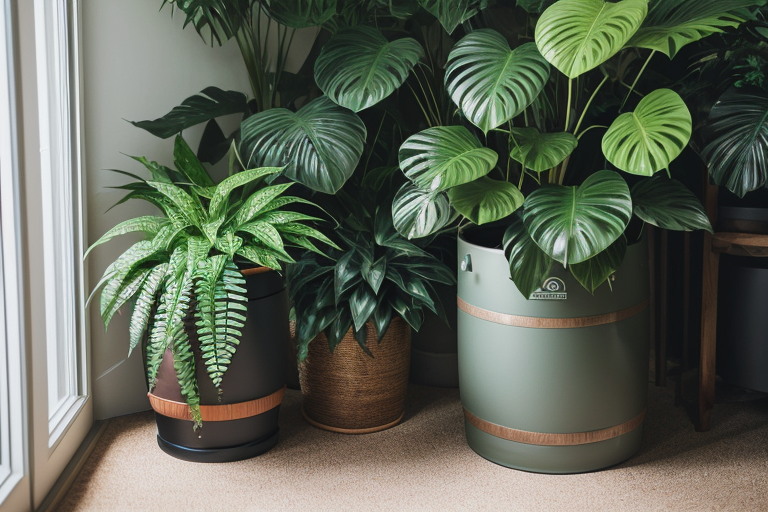Transform your living space into a harmonious sanctuary by combining the ancient art of feng shui with the natural beauty of houseplants.

How Plants Transform Your Home's Energy
In feng shui, plants represent growth, vitality, and positive energy flow. They help purify the air while bringing life force (chi) into your home. The key is choosing the right plants and placing them in optimal locations to enhance energy flow.
Best Feng Shui Plants for Different Areas
Living Room - Money Tree (Pachira aquatica)
The money tree symbolizes good fortune and prosperity. Place it in the southeast corner (wealth corner) of your living room.
Bedroom - Snake Plant (Sansevieria)
Snake plants release oxygen at night, promoting better sleep. Their upright growth represents strength and resilience.
Kitchen - Herbs (Basil, Mint, Rosemary)
Fresh herbs in the kitchen represent abundance and nourishment. They also provide practical benefits for cooking.
Bathroom - Bamboo Palm
Bamboo represents flexibility and growth. It thrives in humid conditions and helps purify bathroom air.
Feng Shui Plant Placement Guidelines
- Avoid placing thorny plants like cacti in bedrooms or main living areas
- Keep plants healthy - dying plants create negative energy
- Use round-leafed plants to promote harmony and smooth energy flow
- Place plants in corners to activate stagnant energy
- Ensure plants don't block pathways or doorways
Plants to Avoid in Feng Shui
While most plants bring positive energy, some should be used mindfully:
- Cactus and succulents with sharp spines can create sha chi (negative energy)
- Dried flowers or plants represent decay and should be removed
- Overgrown plants that crowd spaces can block energy flow